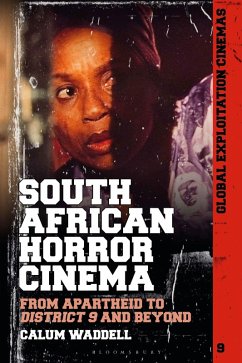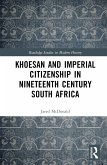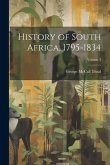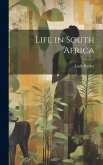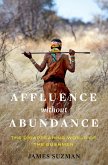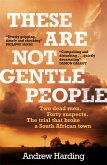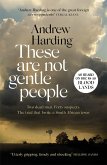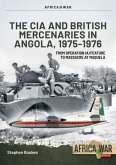This is the first study to explore South Africa both in horror cinema and as a formidable producer of celluloid scares. From framing the notorious apartheid system as a mental asylum in the ground-breaking and criminally underseen Jannie Totsiens (Jans Rautenbach, 1970) to such seventies exploitation shockers as The Demon (Percival Rubens, 1979) through to the blockbuster hit District 9 (Neill Blomkamp, 2009) and beyond, this book suggests that South Africa should finally obtain its rightful place in the canon of wider genre studies and horror cinema fandom. Taking in the 80s nightmares of Darrell Roodt and concluding with an analysis of the recent boom-period in South African fright-films, including discussion of such contemporary efforts as The Tokoloshe (Jerome Pikwane, 2018) and the Troma-esque leanings of Fried Barry (Ryan Kruger, 2020), South African Horror Cinema focuses on ever-changing identities and perspectives, and embraces the frequently carnivalesque and grotesque elements of a most unique lineage in macabre motion pictures.
Hinweis: Dieser Artikel kann nur an eine deutsche Lieferadresse ausgeliefert werden.
Hinweis: Dieser Artikel kann nur an eine deutsche Lieferadresse ausgeliefert werden.

